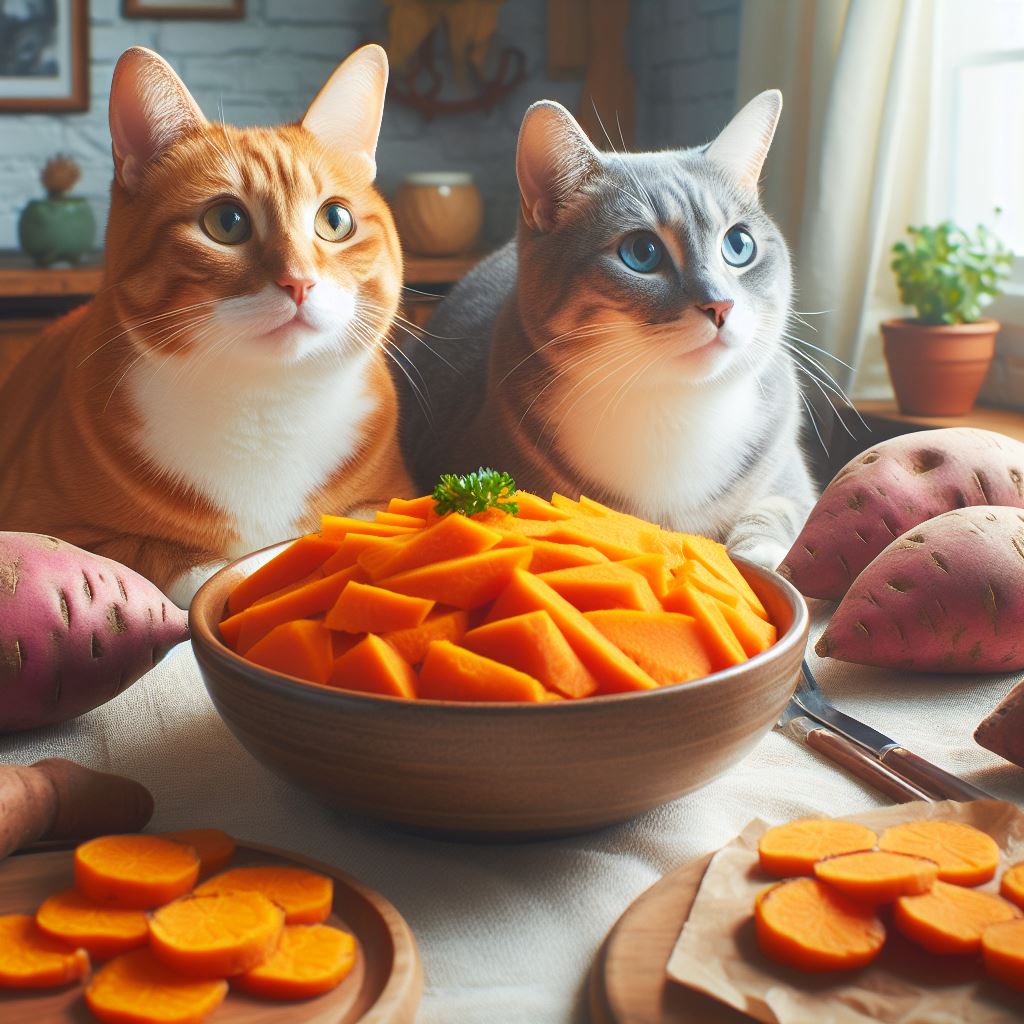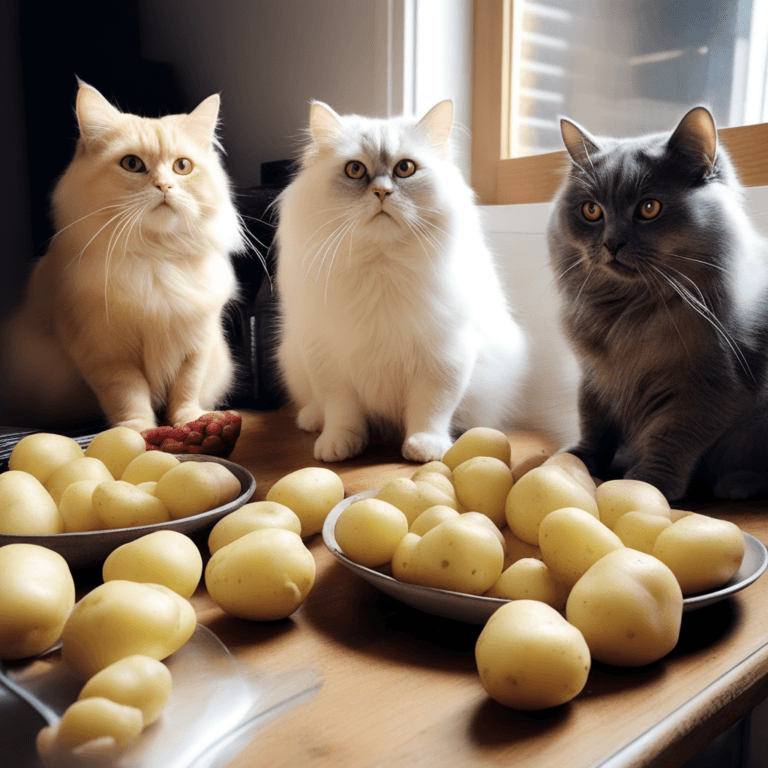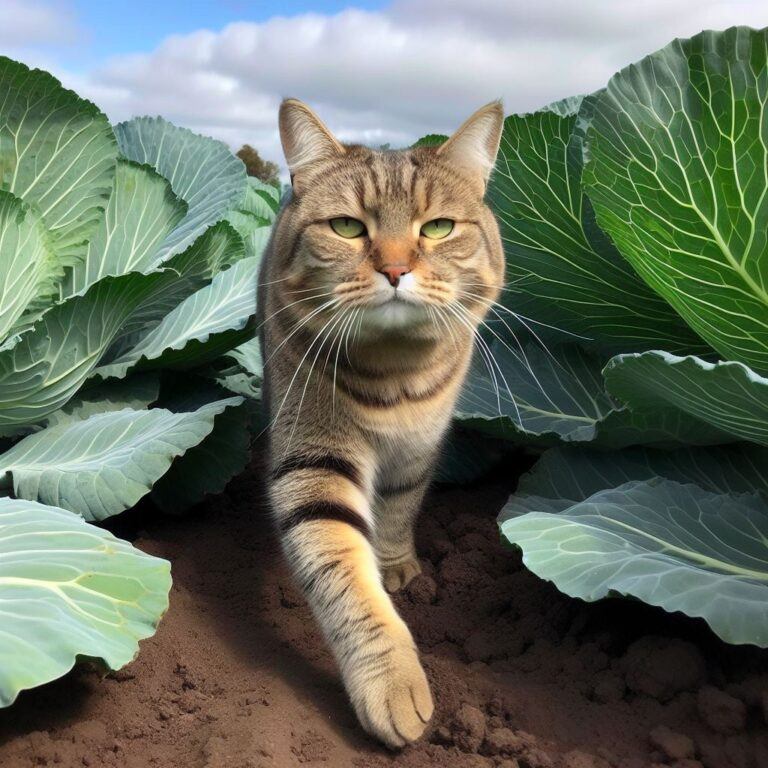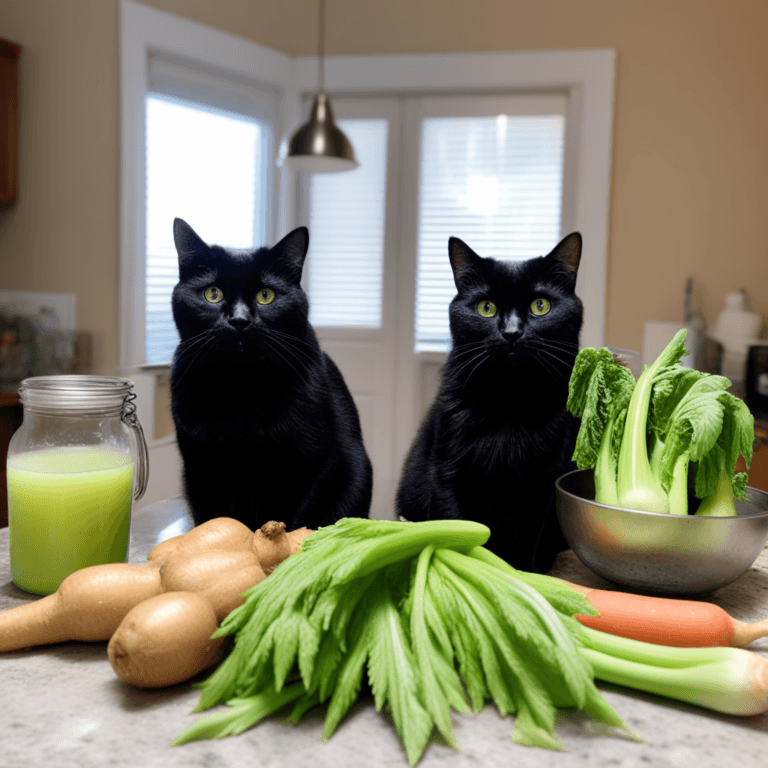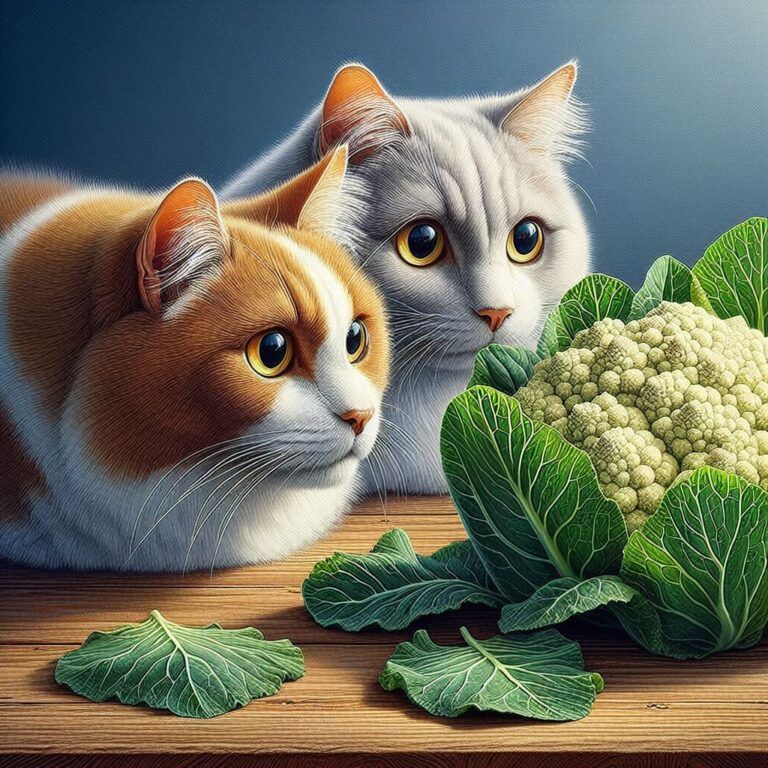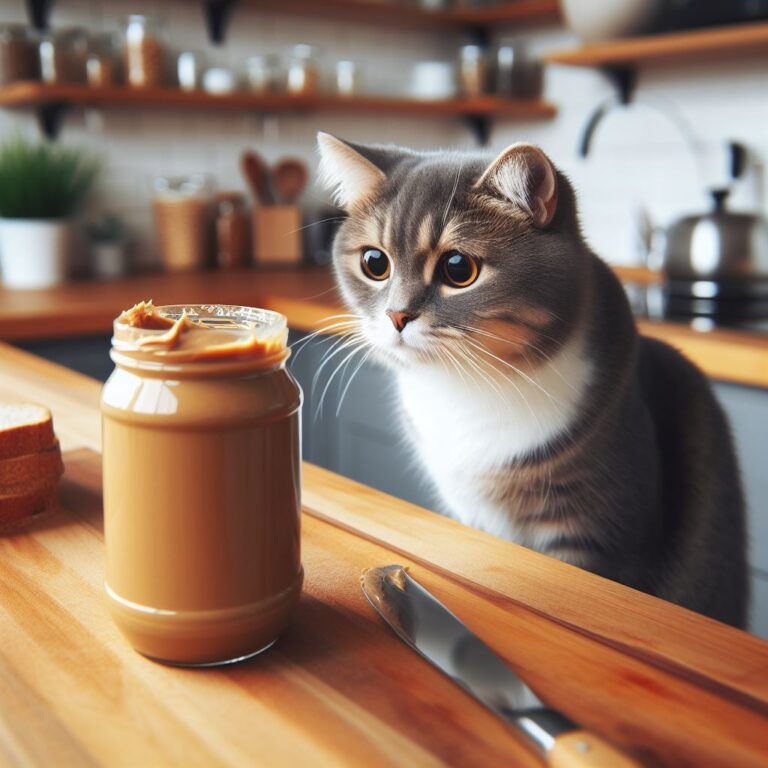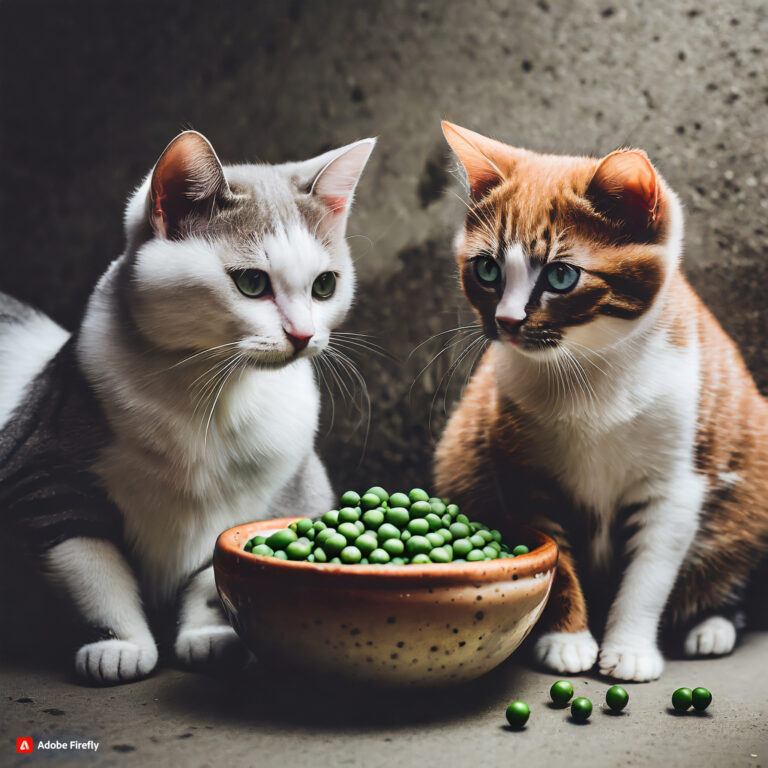Can Cats Safely Eat Sweet Potatoes
Yes, cats can safely eat sweet potatoes in moderation. While it’s true that these vibrant tubers pose no immediate risk to feline health when prepared correctly, it’s crucial to understand that not all human foods make suitable treats for cats.
Sweet potatoes should always be cooked and served plain, entirely free from spices and flavorings that could harm your furry friend. The key is preparation; raw sweet potatoes can be hard for cats to digest and may contain compounds that are eliminated through the cooking process.
Even though sweet potatoes are non-toxic to cats, it doesn’t mean that this food is necessarily beneficial for them. Cats derive most of their nutritional requirements from animal protein, and their ability to process plant-based foods is limited. This is something to keep in mind before reaching for a sweet potato as a cat snack.
Nevertheless, cats may enjoy the change in texture and taste that sweet potatoes offer. If you decide to offer your cat this tasty tuber, it’s essential to consider both the potential benefits and risks which will be discussed to ensure you are making an informed choice that will not compromise your pet’s well-balanced diet or health.
Nutritional Impact of Sweet Potatoes in a Cat’s Diet
Sweet potatoes are rich in dietary fiber, vitamins A and C, and a variety of minerals. However, it’s essential to recognize that cats have different nutritional requirements from humans.
They are obligate carnivores, meaning they derive most of their nutrition from animal-based proteins. In contrast, sweet potatoes are high in carbohydrates, which are not an essential component of a cat’s diet.
While the occasional small, cooked piece of sweet potato can be a safe treat, it should never replace a significant portion of their meat-based nutrition. Key nutrients cats need that sweet potatoes lack include taurine, arachidonic acid, and vitamin B12, all of which are crucial for maintaining feline health.
If you do choose to offer sweet potatoes to your cat, ensure it’s in small amounts and not a regular part of their meal plan. The sweet potato should be cooked without any seasonings such as garlic onions salt, or sugar, as these can be harmful to cats.
Remember, any introduction of new foods should be done gradually to monitor your cat’s reaction.
Best Practices for Feeding Cats Sweet Potatoes
After underscoring the potential benefits and risks of sweet potatoes in your cat’s diet, ensuring their safe consumption is key. Start by thoroughly cooking the sweet potatoes without any added seasonings such as garlic onion or sugar, as these can be harmful to cats.
When introducing sweet potatoes to your cat, begin with a small sample to see how they react. Remember, a cat’s digestive system is different from ours, so what’s trivial for us may not be for them. Serving size matters, and treats including sweet potato should only make up a small percentage of their daily food intake.
Due to potential allergies and individual health issues, watch your cat closely after feeding them sweet potatoes for the first time. Any signs of gastrointestinal upset or allergic reactions mean you should remove sweet potatoes from their diet and consult a veterinarian.
As a steadfast rule, always talk with your vet before altering your cat’s diet. This ensures the changes benefit your cat’s unique health profile and nutritional requirements. It’s the responsible way to introduce new foods and maintain your cat’s health and happiness.
Ultimately, sweet potatoes can be a safe snack for cats when given appropriately. But it’s up to you, as the pet owner, to make informed decisions about your cat’s diet. Stick to moderation, prioritize their primary meat-based diet, and seek professional advice to guide your choices.
This way, you’ll craft a feeding regimen that’s both enjoyable for your cat and harmonious with their natural dietary needs.

